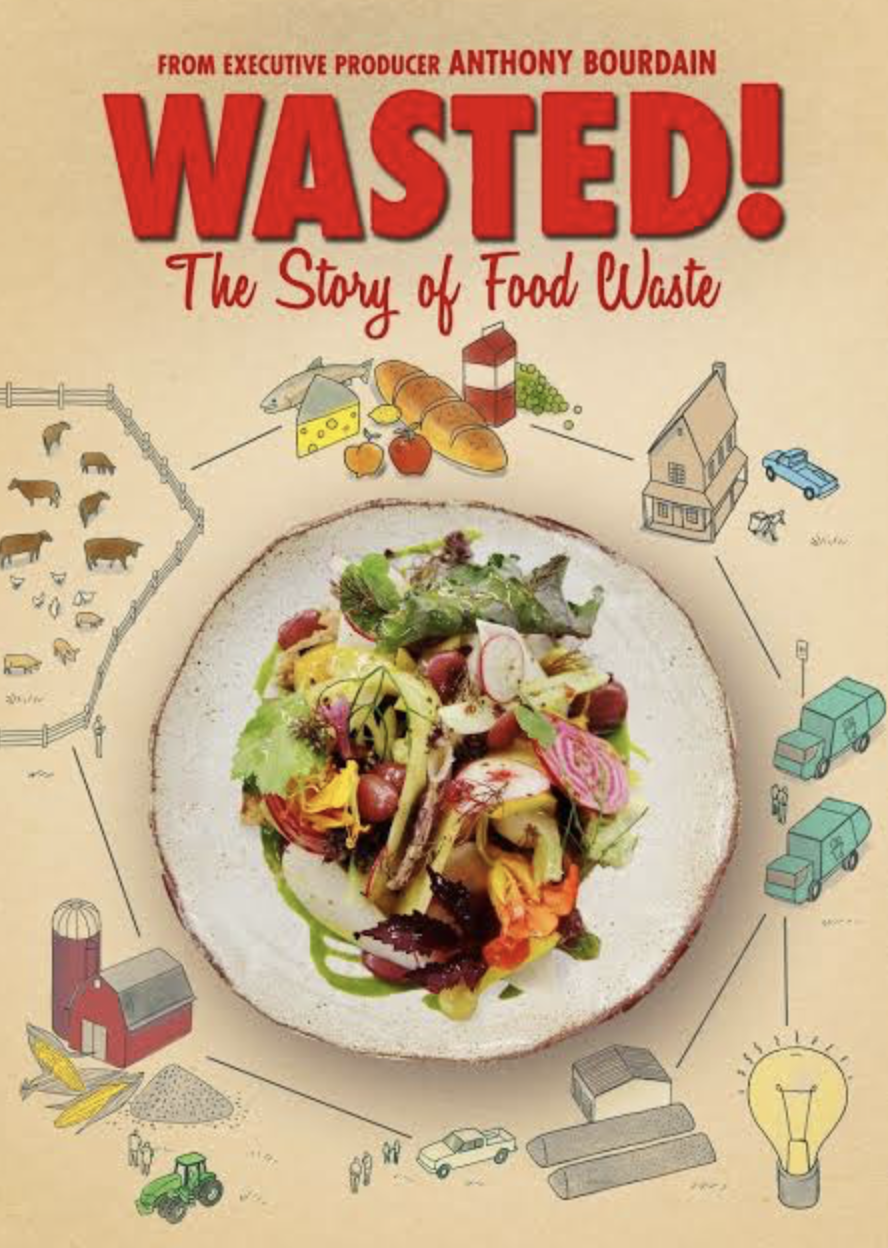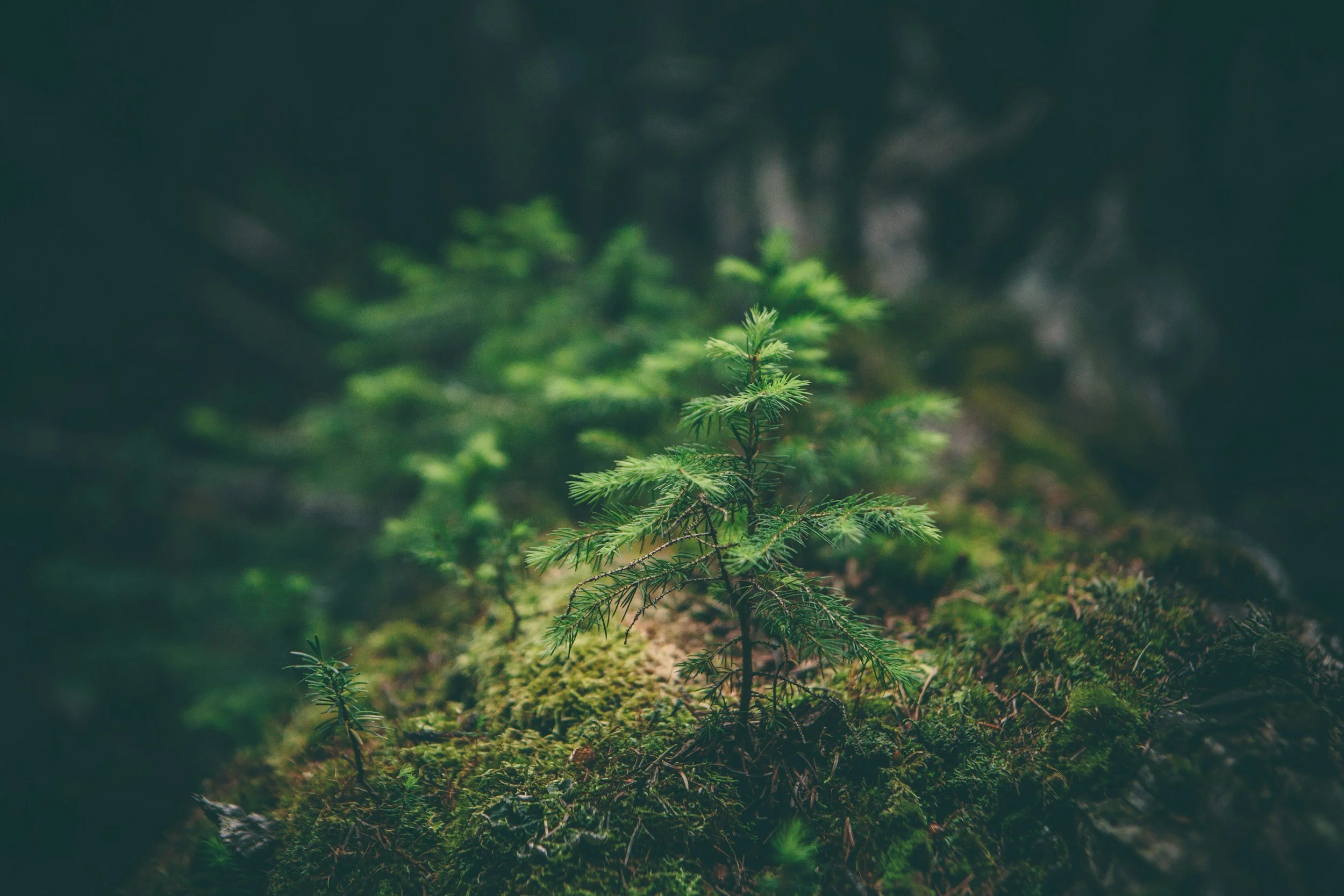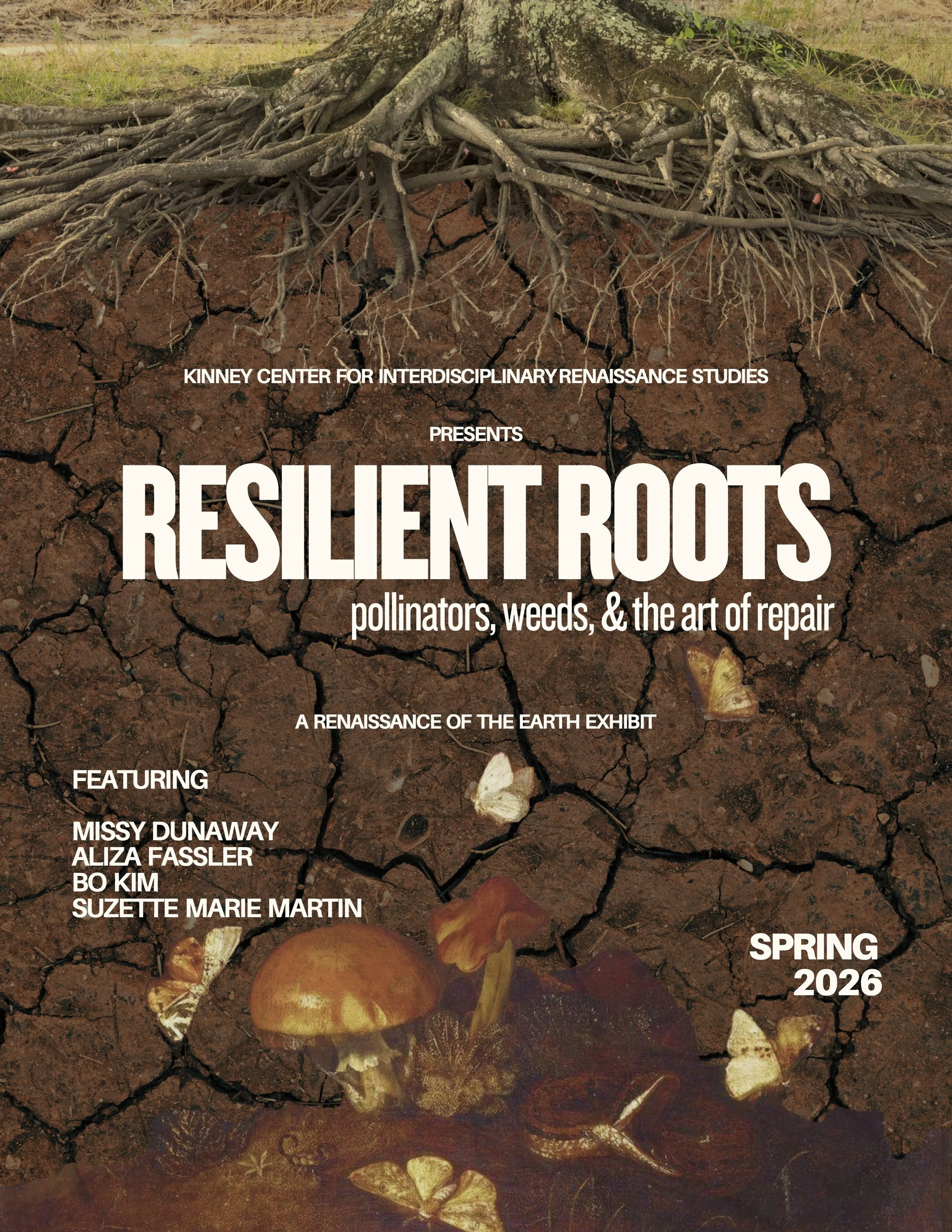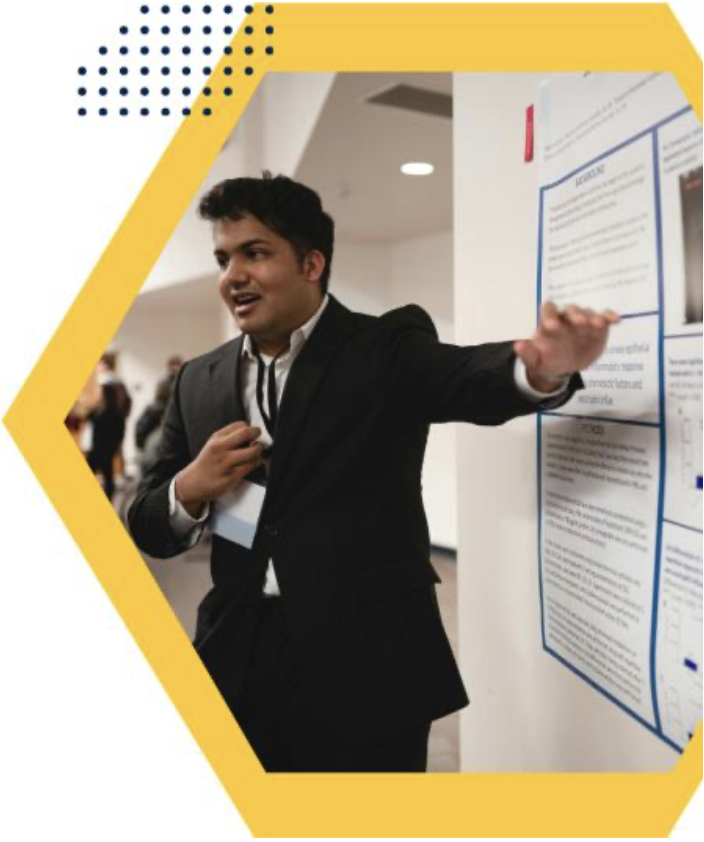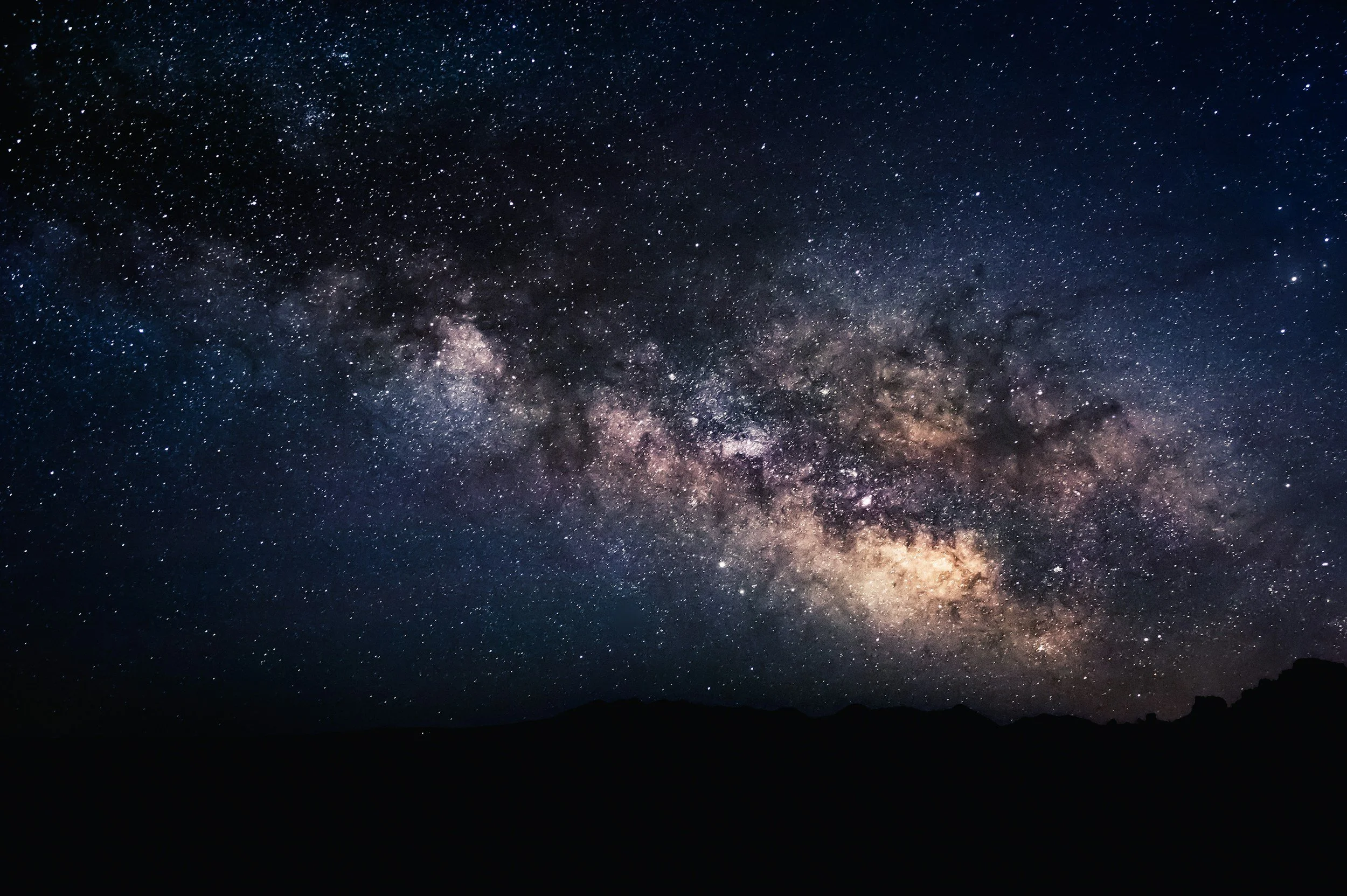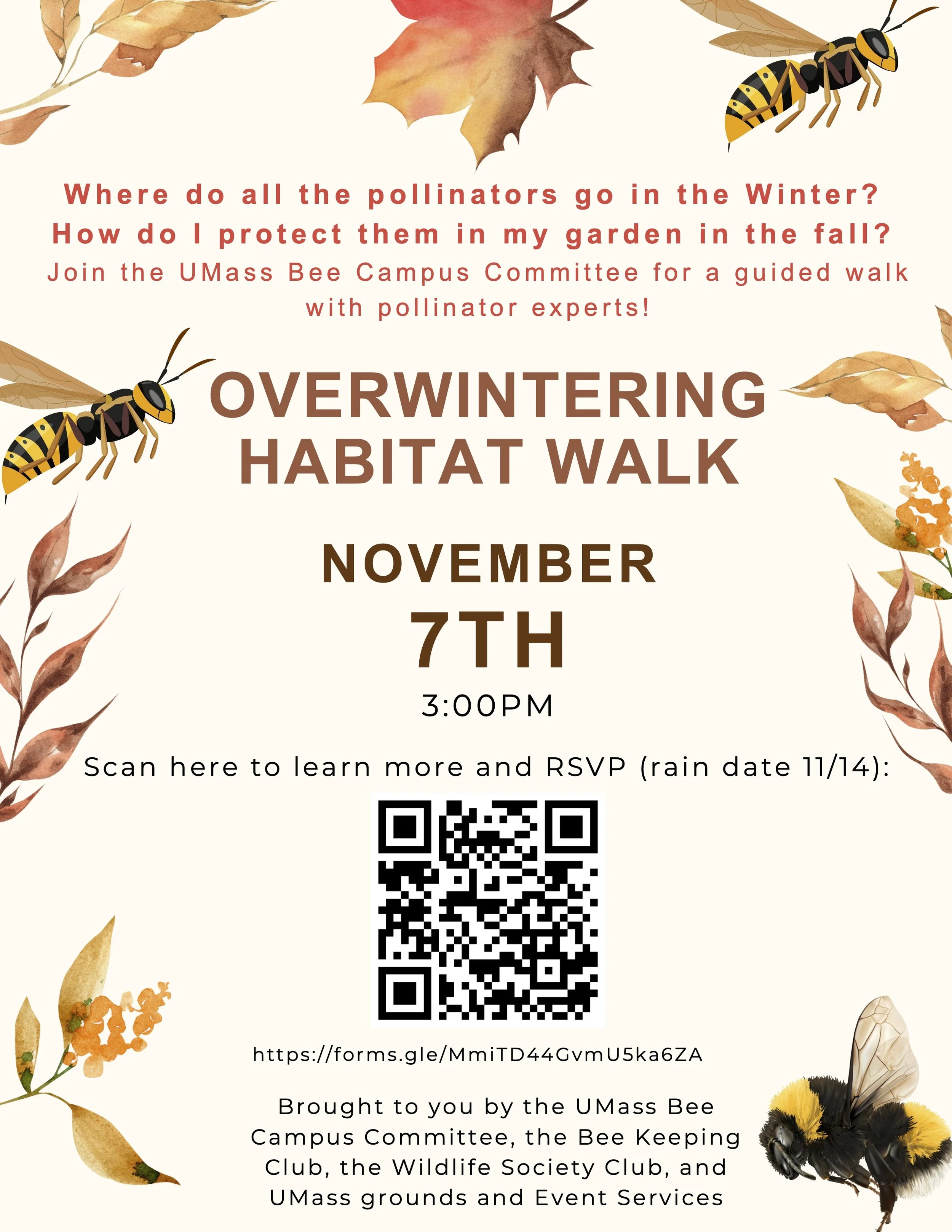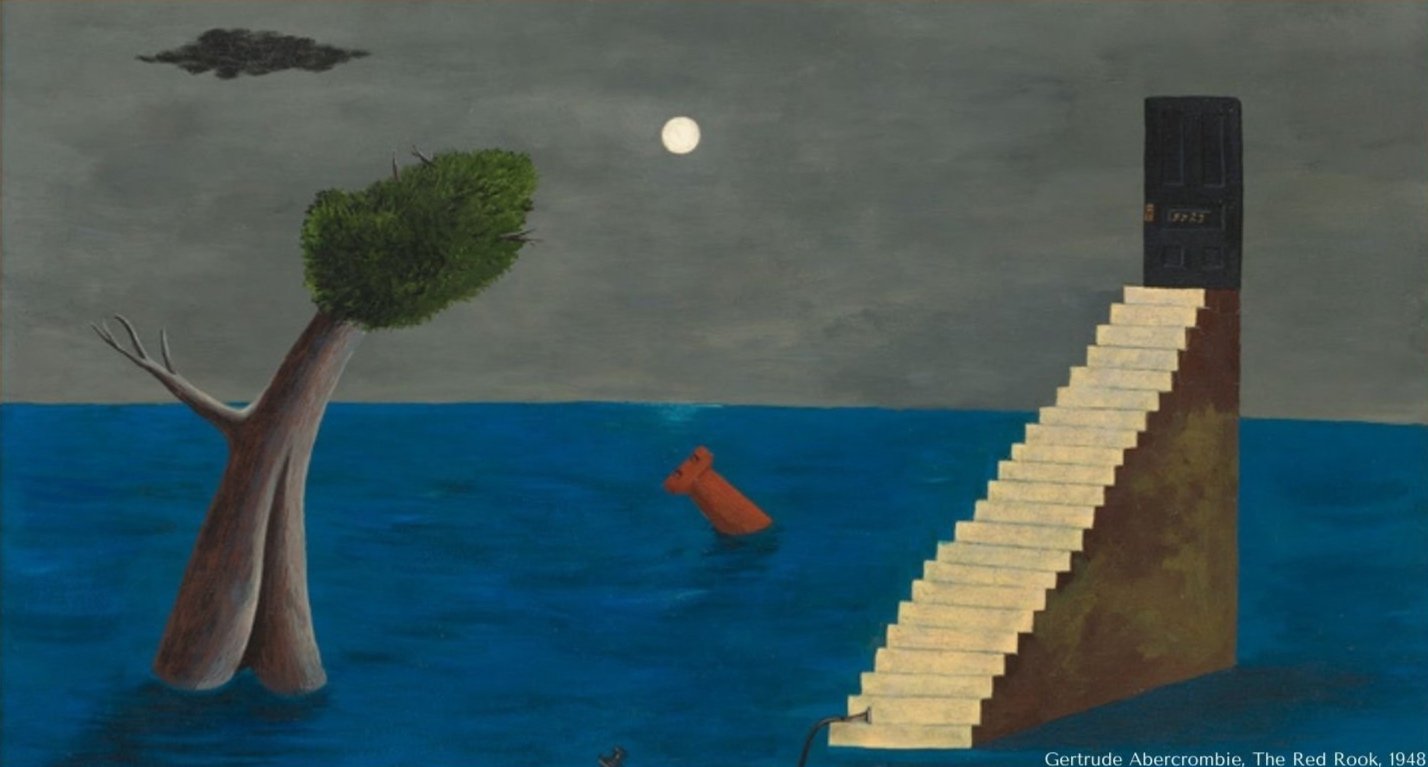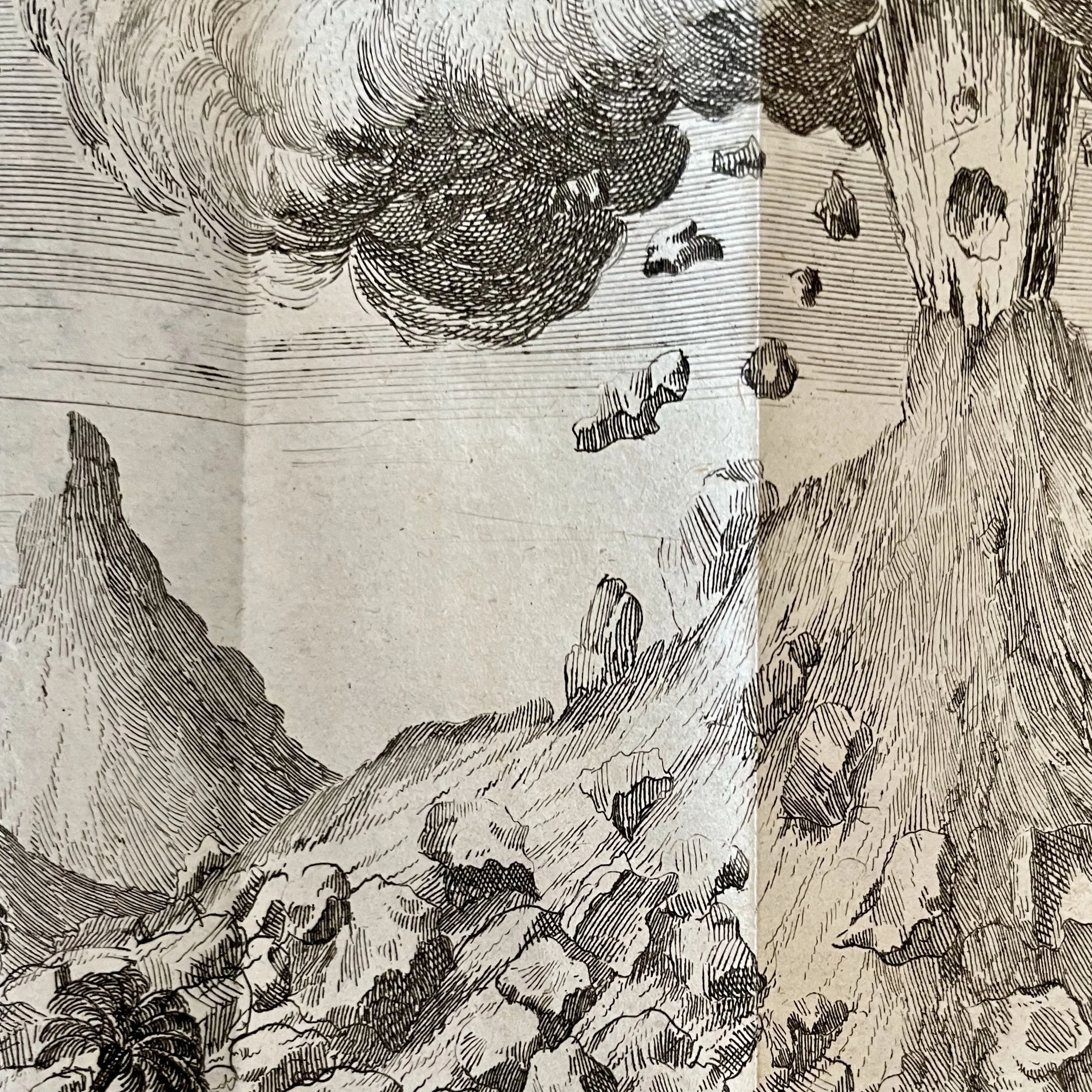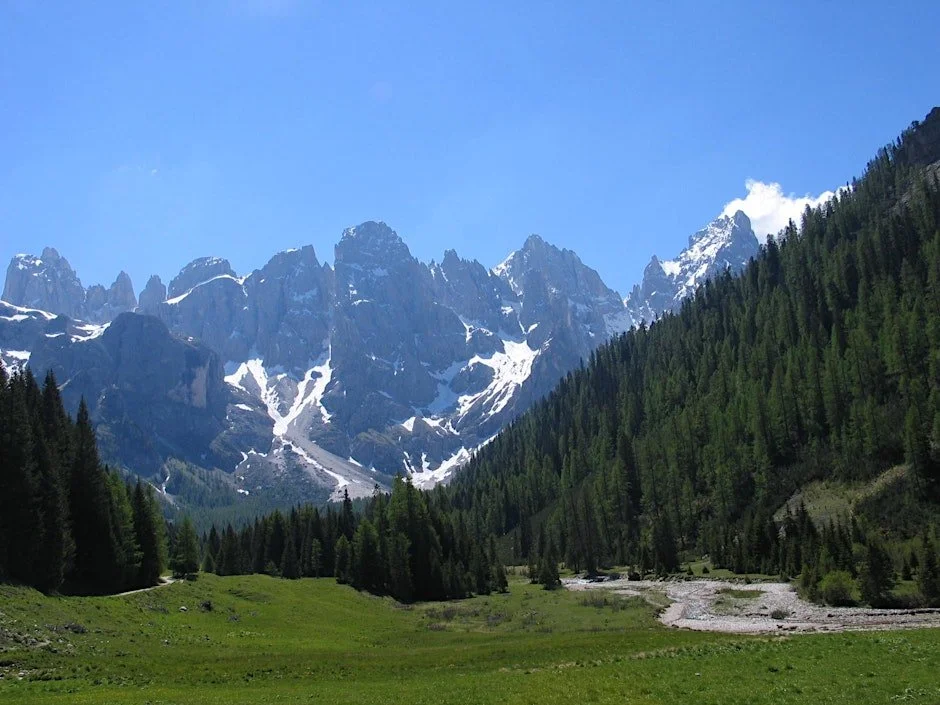A Renaissance of the Earth Poetry Reading with Artist in Residence Felicity Sheehy (Princeton University)
Created in conversation with the Kinney Center’s early modern almanacs, husbandry guides, and botanicals, this collection of original poems explores enduring themes of seasonal instability that link our current climate crisis to early modernity’s little ice age. Artistic poet and early modern scholar, Felicity Sheehy, reimagines four months of the year —February, April, June, & November — in her original almanac, which will be displayed alongside Kinney Center collections in the library and gallery.
In 2019 and 2020, Sheehy was named one of Narrative Magazine's 30 below 30 emerging writers. In 2021, her debut chapbook Losing the Farm won first place in the Munster Literature Centre's international chapbook competition. Sheehy is a poet and a PhD candidate in Renaissance Literature at Princeton University. Her poetry has appeared or is forthcoming in The New Republic, The Southern Review, The Irish Times, The Yale Review, Poetry Ireland Review, Poetry Daily, Prairie Schooner, Poetry Northwest, P.N. Review, Narrative, and elsewhere. Her work has received an Academy of American Poets Prize, the Jane Martin Prize for U.K. residents under the age of thirty, and the Charlotte Wise Memorial Prize. Her work has received support from the Bread Loaf Writers Conference, the Sewanee Writers’ Conference, the Community of Writers, the Fine Arts Work Center, the Palm Beach Poetry Festival, Narrative Magazine, Smartish Pace, the Banff Centre, the York Poetry Prize, and the Ledbury Poetry Festival.
